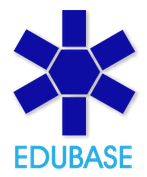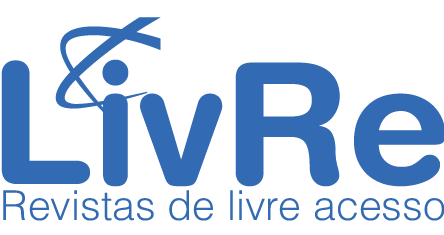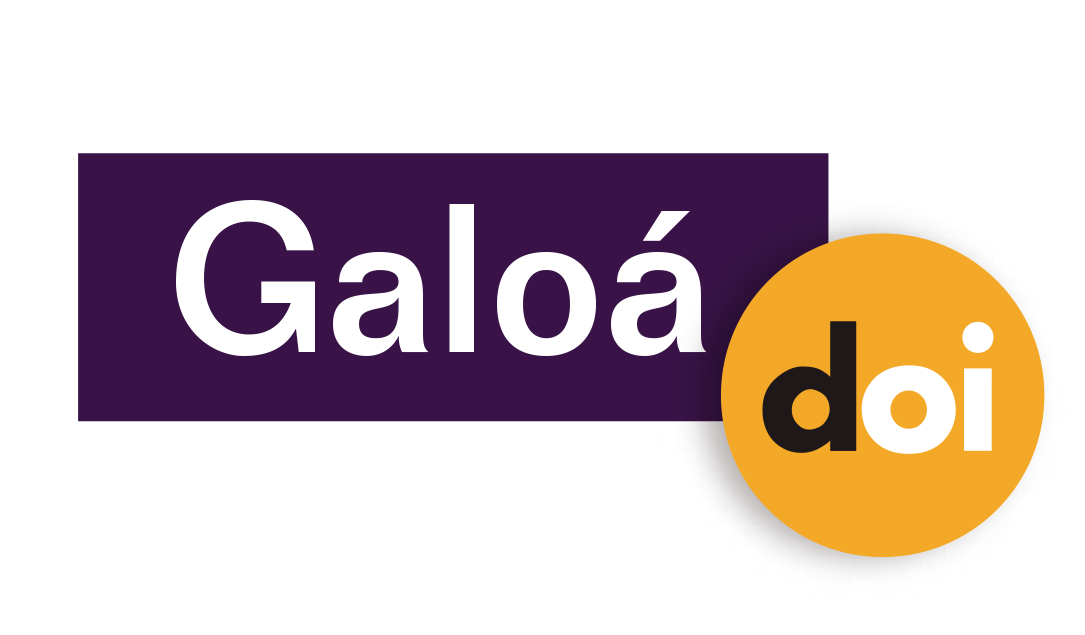The Individual and the Collaborative Nature of Metacognitive Strategies and Their Unfoldings for Mathematical Modelling
Resumo
Background: Mathematical modelling has been pointed out as a means for teaching and learning mathematics in the classroom. Objective: To investigate consequences for the development of mathematical modelling activities arising from students’ metacognitive strategies. Design: The research follows the guidelines of the qualitative approach. Environment and participants: The modelling activities were developed by students in the fourth year of a Mathematics degree course. Data collection and analysis: In classes of the discipline Perspectives on Mathematical Modelling, data were collected through recordings of classes held on Google Meet. The written records produced by the students and the reports delivered by them also make up the material for analysis. Results: The unfolding evidenced for the activities can be allocated into four groups: identification of the interaction between mathematics and reality; use of mathematical concepts and construction of models; validation of models and results; back-and-forth movements in mathematical modelling activities. Conclusions: Although the main agent of metacognition is the individual, in modelling activities, metacognitive strategies are not limited to the individual nature, there is also evidence of collaborative metacognition in the group. Some developments result from more of one metacognitive strategy than another. This signals that it is not an isolated strategy, but a set of them that enables actions in mathematical modelling activities.
DOI: https://doi.org/10.17648/acta.scientiae.7564
Apontamentos
- Não há apontamentos.
Direitos autorais 2023 Lourdes Maria Werle de Almeida, Élida Maiara Veloso de Castro

Esta obra está licenciada sob uma licença Creative Commons Atribuição 4.0 Internacional.
ANÚNCIOS
Informamos que, a partir de outubro de 2025, devido ao grande número de artigos na fila de submissão, está suspenso o aceite de submissões. Rebriremos em fevereiro de 2026.
Mais, informamos que sites fraudulentos, https://periodicos-ulbrabr.org e https://periodicos-ulbrabra.org, estiveram se passando pela Acta Scientiae, utilizando nosso nome e identidade visual e até solicitado taxas de APC, que nós não cobramos. Aconselhamos cautela para evitar serem enganados por sites semelhantes.
Conceito A2 na Capes(2021)
Índice h5 do Google Scholar: 13
Índice mediana h5 do Google Scholar:24
eISSN: 2178-7727
Indexações:
A Acta Scientiae é indexada em: | Scopus |  | Latindex |  | Edubase (SBU/UNICAMP) |
 | Sumarios.org |  | Google Scholar |  | Portal LivRe (CNEM) |
 | Journals for Free |  | REDIB |  | Galoá DOI |

Todos os trabalhos publicados aqui estão sob uma licença Creative Commons - Atribuição 4.0 Internacional.
